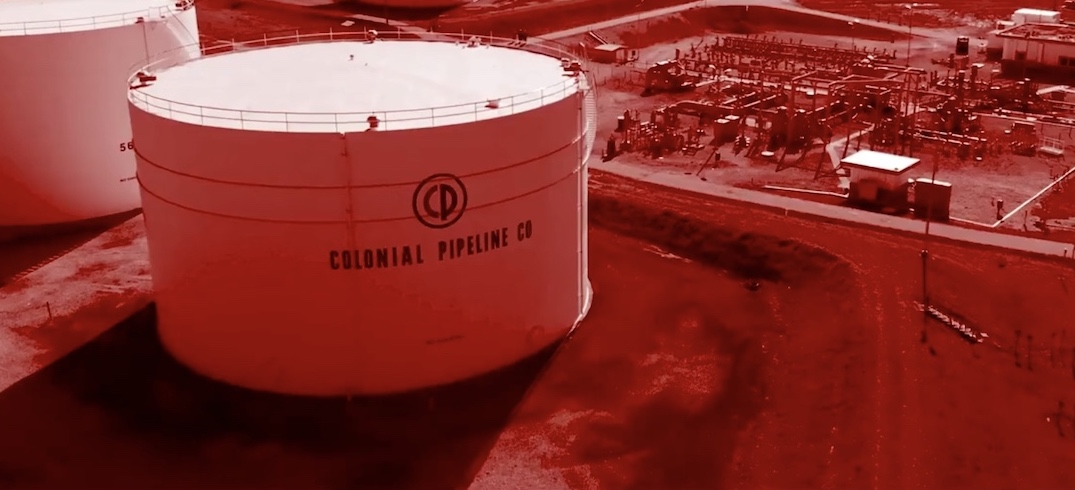Days after it was forced to shut down after falling victim to a ransomware attack last Friday, the Colonial Pipeline initiated a restart of pipeline operations Wednesday at approximately 5 PM ET.
“Following this restart, it will take several days for the product delivery supply chain to return to normal, a company spokesperson told SecurityWeek in a statement. “Some markets served by Colonial Pipeline may experience, or continue to experience, intermittent service interruptions during the start-up period. Colonial will move as much gasoline, diesel, and jet fuel as is safely possible and will continue to do so until markets return to normal.”
The attack, which involved the DarkSide ransomware, had significant implications, including states declaring a state of emergency, temporary gas shortages sparked by panicked motorists stocking up over fears of gas shortages caused by the hack, and gas prices rising.
Darkside has been linked to Russia, but the hackers said they only wanted to make a profit and denied any government ties. The Russian government has officially denied any involvement, but U.S. President Joe Biden said Moscow does have “some responsibility to deal with this.”
The Colonial Pipeline is the largest refined products pipeline in the United States, transporting more than 100 million gallons of fuel daily through a pipeline system that spans more than 5,500 miles between Houston, Texas and Linden, New Jersey.
Earlier today it was reported that an outside audit conducted three years ago on the Colonial Pipeline found “atrocious” information management practices and “a patchwork of poorly connected and secured systems.”
“Industrial environments are operating with infrastructure that commonly maintains obsolete technology that can’t be patched, and staff that frequently are not as cyber savvy as they need to be to keep attackers at bay,” Grant Geyer, Chief Product Officer at Claroty, told SecurityWeek in commentary on the hack. “This leads to a situation where cyber security risk levels are below acceptable tolerances, and in some cases organizations are blind to the risk.”
The restart of Colonial’s pipeline operations happened within minutes of the White House announcing that President Joe Biden signed an executive order designed to strengthen U.S. cybersecurity.
Related: Industry Reactions to Ransomware Attack on Colonial Pipeline
Learn More About ICS Security at SecurityWeek’s ICS Cyber Security Conference
